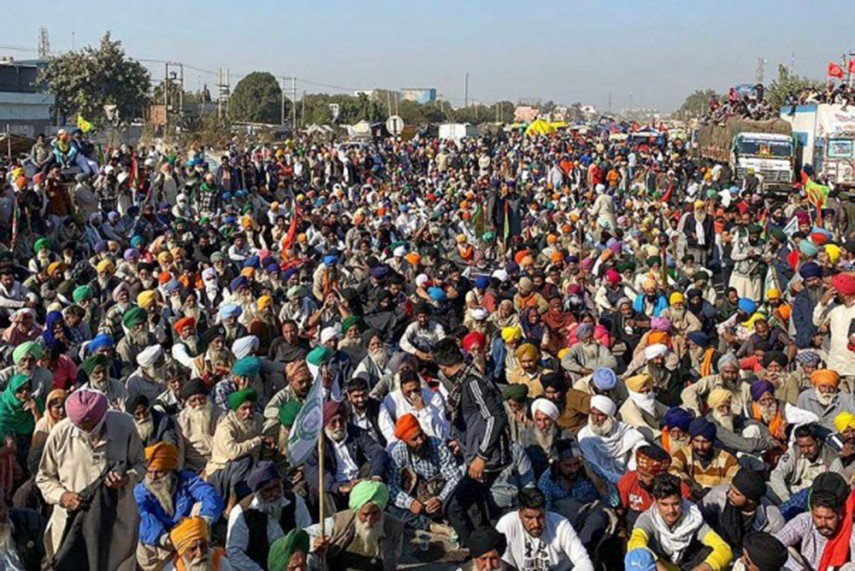The three new agricultural laws of the International Monetary Fund (IMF) weigh in on a day when Union ministers and farmers prepare to meet for the ninth time

New Delhi: India’s new agricultural laws “have the potential to take an important step forward to improve the agricultural sector“, the International Monetary Fund has said. However, the international body stated that those who may be most affected by the change in the new system should be adequately protected.

The IMF’s weight on three new farm laws comes in a day when Union ministers and farmers are set to meet for the ninth time to find a solution to the demands of farmers, who, among other conditions, want the law to be completely withdrawn be taken.
IMA communications director Gerry Rice told reporters in Washington on Thursday, “We believe the agricultural bills have the potential to represent an important step for agricultural reforms in India.”
“The measures will help farmers contract directly with vendors, allow farmers to maintain a greater share of surplus, reduce the role of middlemen, increase efficiency and support rural development,” said Mr. Rice.
An IMF spokesman said, “However, it is important that the social safety net adequately protects those who may be adversely affected during the transition to this new system.” improvement.
Thousands of farmers, mostly from Punjab and Haryana, are camping at the state’s border points near Delhi, demanding a complete repeal of the three farm laws and a legal guarantee of the minimum support price for their crops.
The government has said that it was ready to discuss the laws by clause, but the farmers are adamant on their demand to repeal the law altogether. He has planned a tractor rally on 26 January, Republic Day, although the Center has asked the Supreme Court to stop the farmers from holding that rally, as it could tarnish the country’s image on an important day.
The Center has said that the law – passed in September last year – would allow farmers’ income to deal directly with large companies and bypass government-regulated wholesale markets. But many unions disagreed, stating that they risk losing their bargaining power and becoming unsafe for potential wholesale buyers. They fear the eventual disappearance of the MSP – the government pays guaranteed prices for their grain.

